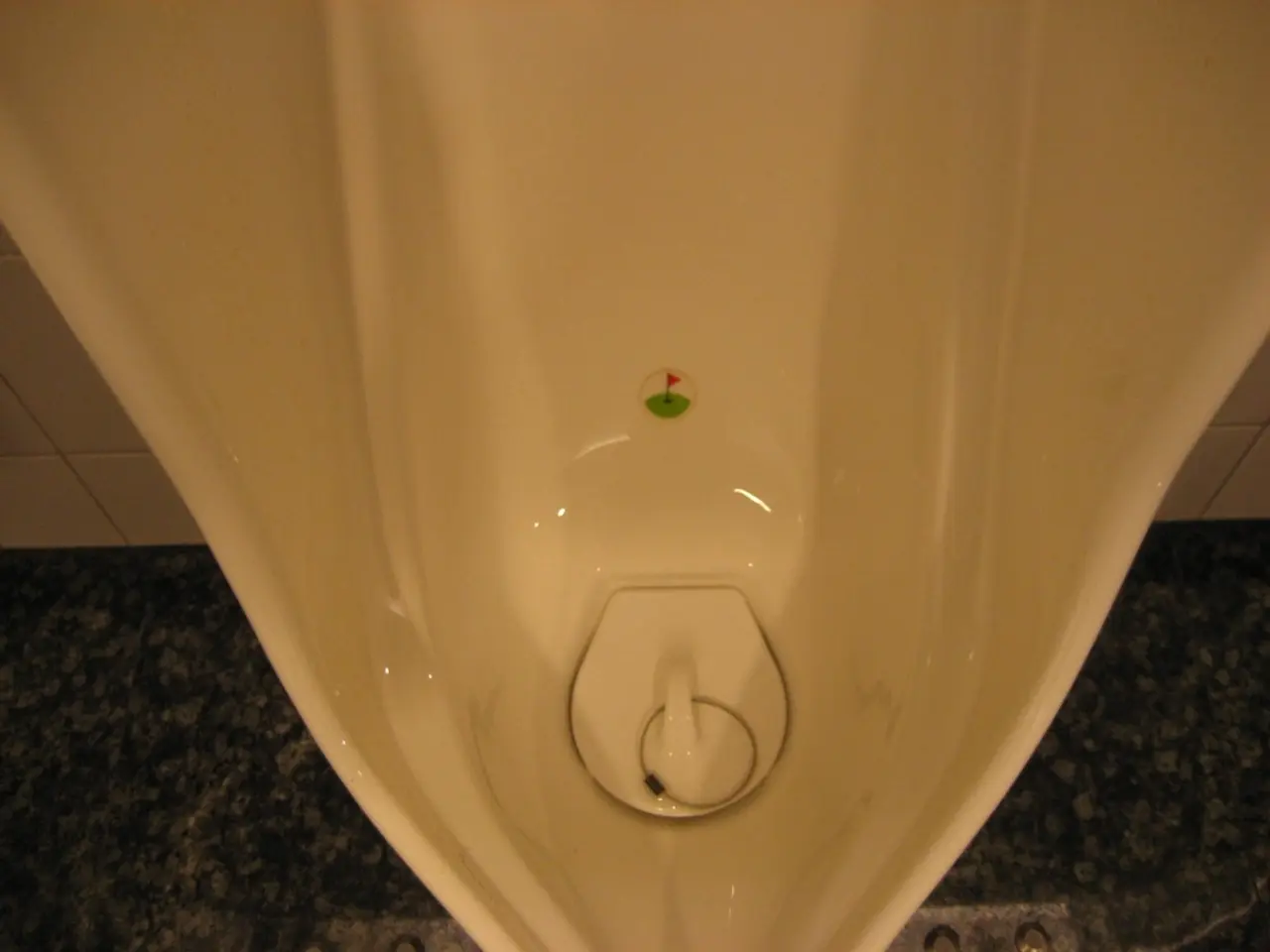Indications of a vanishing Urinary Tract Infection
If you suspect you have a urinary tract infection (UTI), it's crucial to consult a doctor or healthcare professional for proper diagnosis and treatment. Here's what you need to know about identifying and managing UTIs.
Firstly, completing the full prescribed course of antibiotics is essential to ensure the infection is fully eradicated and reduce the risk of recurrence or complications. Symptoms usually improve within 24 to 48 hours of starting antibiotics, but full treatment often takes 3 to 5 days or longer depending on the antibiotic course prescribed.
Watching for complete resolution of symptoms is also important. This means no burning during urination, no frequent urination, and no lower abdominal pain or pressure. However, it's essential to remember that symptoms can temporarily resolve but bacteria may persist without full treatment.
Home urine testing, like dipstick tests, can sometimes be used, but they are less reliable without a medical lab. Negative tests after completing treatment may suggest clearance, but clinical symptoms remain paramount.
Monitoring for any return or persistence of symptoms is also crucial. If symptoms return or worsen, this may indicate an unresolved infection or complication, and prompt medical evaluation is required.
Key points to ensure complete clearing of a UTI include always completing the entire antibiotic course, not relying solely on symptom improvement, staying hydrated, avoiding irritants like caffeine or alcohol during treatment, and seeking medical advice if symptoms persist after finishing antibiotics.
While some mild UTIs may go away on their own, seeking medical advice is always best. People can use home testing strips to determine if their UTI has gone away, but these tests are not definitive.
During treatment, people can use a hot water bottle or heating pad for pain relief, take over-the-counter pain relief, drink plenty of water, empty the bladder frequently, avoid sex, and avoid drinks that may irritate the bladder like coffee or alcohol.
Recurrent UTIs should be discussed with a doctor, as they may indicate an underlying issue that needs addressing. Severe abdominal or back pain, nausea and vomiting, or fever may indicate a kidney infection and should prompt immediate medical attention.
In summary, the best way to be confident a UTI has cleared is by finishing your antibiotic treatment as prescribed and having all symptoms resolve. Home testing can assist but is not definitive. Persistent or returning symptoms warrant medical follow-up to prevent complications.




